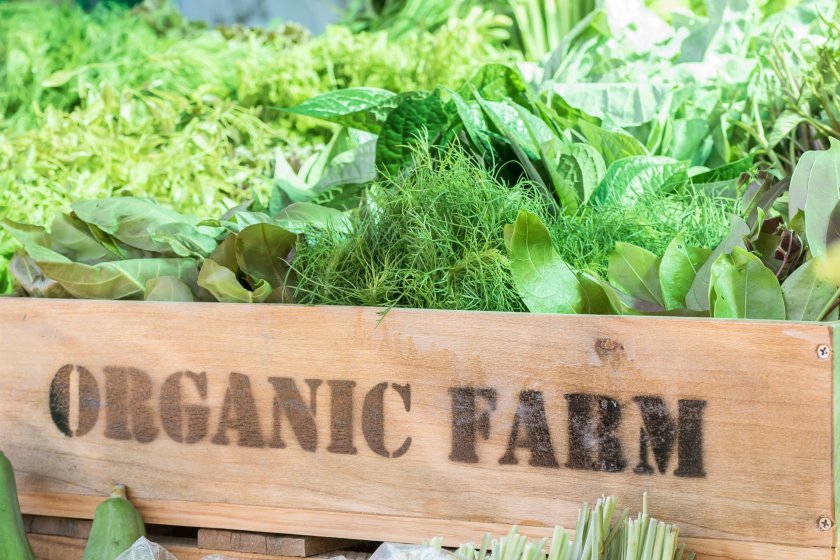
A sustainable farming think tank has criticised the BBC for 'misleading and factually inaccurate assertions' made about organic farming in its GCSE revision guides.
Science for Sustainable Agriculture (SSA) has written to director general Tim Davies to complain about an alleged 'pro-organic bias' in Bitesize, the BBC's online revision content.
These include statements such as “organic milk and beef are produced without using antibiotics”, “organic farmers…do not apply pesticides to their crops”, and “many farmers are turning to organic farming as consumers opt to buy chemical-free [sic] food.”
It is repeatedly stated throughout the guides that organic farming has a less harmful effect on the environment, is less polluting, and uses more ‘natural’ methods than non-organic farming.
SSA said the guides were "equally misleading in their largely negative portrayal of intensive farming, including simplistic, unreferenced statements".
These include “many people object to intensive farming because it reduces biodiversity and increases pollution.”
The thinktank's letter to Mr Davie noted that each of these statements by the BBC was "either factually incorrect or disputed in the scientific literature".
Similarly, the assertion that intensive farming reduces biodiversity and increases pollution was "not supported by the scientific evidence."
SSA's letter to Mr Davie calls on the broadcaster to remove or correct the 'misleading' statements.
SSA said it was vital that future generations were "guided by the science, not by outdated doctrine and ideology".
"That way we have the best chance of feeding an increasingly hungry, warming planet in the most sustainable way," the thinktank said.
"We would urge the BBC to remove or correct these misleading statements from its educational material, and instead focus on some inspiring technologies – for example in genetics, digital science, precision engineering, AI and biologicals."
